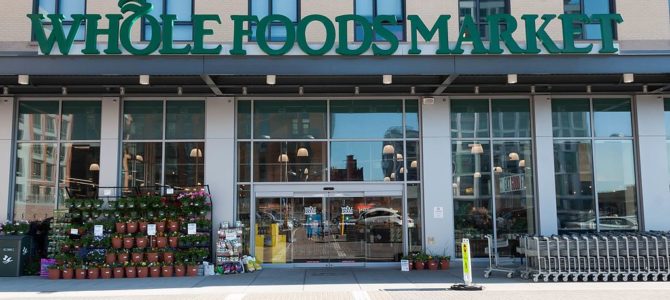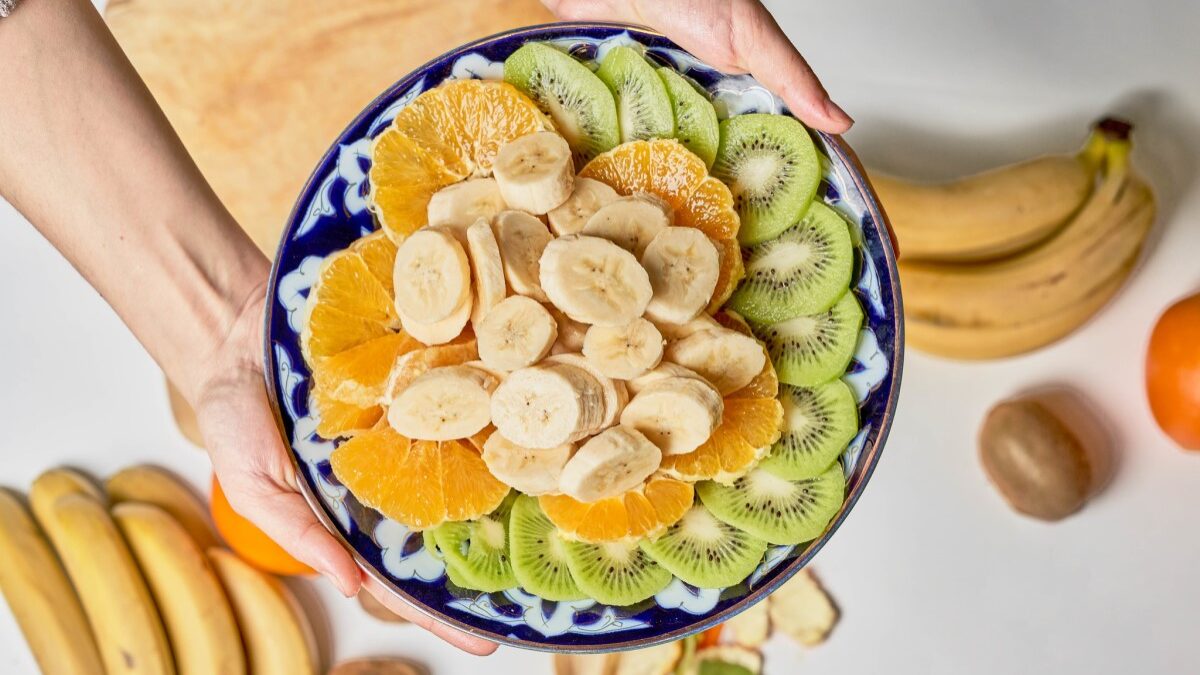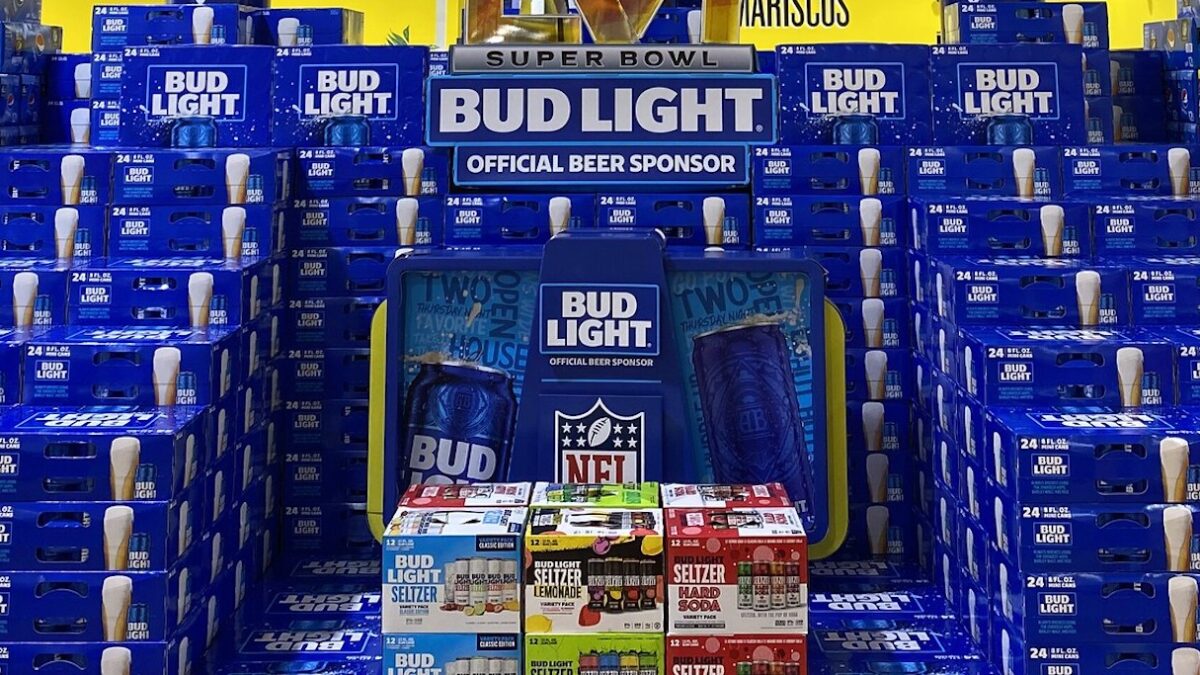
The grocery world was rocked recently with Amazon’s purchase of upscale grocer Whole Foods. Amazon has been a key disrupter of every industry they’ve entered. Just this week their announcement of entering the food-kit delivery business sucked one-third of the value out of Blue Apron, a company that helped pioneer the industry. Amazon’s purchase of Whole Foods is bigger than any meal delivery kit service, however: it’s a sign that the entire grocery industry is the next the Seattle behemoth is looking to conquer.
Amazon has dabbled in the grocery game through its Prime program. You can get a host of dry goods and some fresh food delivered same-day or on a regular schedule through their subscription service. Their purchase of Whole Foods signals they’re ready to enter this business in their typical “bigger is better,” “subscription is king,” “delivered to your door” fashion. The new Amazon/Whole Foods won’t be the first retail chain to deliver groceries to your door—those services have been around for a while, but on a smaller scale. With the entry of delivery specialist Amazon, the race to get your groceries for you will move ahead full throttle.
Getting Close to Your Food Is Important
Several grocery chains allow you to order food online or through an app, then have their employees shop for you so you can conveniently pick it up curbside. The argument for this is that people are busy, families have packed schedules, and trudging up and down grocery aisles with kids in tow is a time-consuming and frustrating process. All that is true, but so what?
Since humans began farming and selling their goods, we have gone to a market of one form or another to purchase that food. Whether it’s straight from the producers or at a grocery store, people have gone to examine their lemons, see which piece of salmon looks fresh, and get advice from the guy at the meat counter about which cut of beef would be best to grill for your family dinner. It is important to have that interaction with your food. It’s even better to get it straight from the producers at a farmer’s market, but you should at least interact with the people who sell your food.
Pick out the freshest lemons, the ones that are squishy enough to be juicy, but not too squishy that they’re about to go bad. Look at that salmon in the seafood section carefully, ask how fresh it is, and if they might have something else that would pair well with it. Talk to your butcher, have him trim a piece of brisket for you so it’s exactly the size you need for that weekend barbecue. All of this is important. You need to touch your food, look at it, and talk to the experts who grow it, who work with it. An app can’t do that for you.
Cost Cutting to Whole Paycheck?
Granted, Whole Foods got itself into trouble and made themselves ripe for takeover. They have jokingly become known as “Whole Paycheck” for how expensive their food can be in comparison to more traditional grocery chains. Their emphasis on engaging with their suppliers, supporting small and local farms, and sourcing their ingredients responsibly does make their food more expensive, but it also helps the supply chain, particularly from smaller producers. You can expect at least some of that to go out the window when Amazon takes the reins. Amazon is all about the bottom line, after all.
Amazon is also all about driving down their costs. That will have an undeniable impact on the rest of the sector. Grocery chains will merge to grow in scale and buying power to compete with Amazon. Grocers will cut other costs, like staffing, amenities, or higher-quality goods in exchange for lower-cost alternatives.
Amazon has had experimental stores that lack checkout lanes. It’s fully automated. They’ll eventually push that into their Amazon/Whole Foods locations. Not all of them, certainly, and not right away, but a decade from now, the jobs of checker and packer at a grocery store will probably be few and far between.
Is that progress? For the businesses it sure is. Fewer staff equals lower health-care costs, fewer wages that need to be paid, and less training. For people who work in grocery stores, that’s not good news. Next time you’re at a grocery store, look at who’s checking you out and packing your bags. Many of these are entry-level jobs, or jobs that go to people who aren’t an investment banker, software programmer, or electrical engineer.
People and Relationships Matter More than Money
These jobs are just as important, though; perhaps more so. As delivery drivers get replaced by autonomous cars, as fast-food workers get replaced by automation and robots, as waitstaff gets replaced by tableside interactive menus on an iPad, entry-level jobs and jobs for people who don’t have a fancy college or master’s degree are dying.
Sure, people will tell you that historically as technology replaces jobs it opens new ones for those same workers, but as we work our way further into the age of automation, that’s not always true. The person who checked you out at the grocery store can’t likely be employed to work on the software that powers the auto checkout terminals. The teenager who used to flip burgers certainly can’t repair the robot that will take over his job. The average cab driver or truck driver probably doesn’t have the expertise to design, repair, or program the cutting-edge autonomous vehicle that took away their reliable paycheck.
When I first talked about this merger to some folks, including some people here at The Federalist, the most common response I got was, “I’d love to have all my shopping done by someone else so I can just pick it up or have it delivered to my door.” That is concerning. Yes, we’re all busy, and in a society where more and more families need to be dual income to pay the bills, time is precious. But so is your relationship with your food, so is your relationship with your grocers, so is their employment.
So yes, the changes that Amazon will drive within the grocery sector will surely make it more convenient and inject the business with technology that revolutionizes how shopping is done, giving it a twenty-first-century feel, but it will also push people further away from their food, put the choice in the hands of the store, not the shopper, and have a drastic impact on a portion of the economy that enables workers to take their first steps into the broader workforce. Sometimes progress isn’t a good thing. This could be one of those times.









